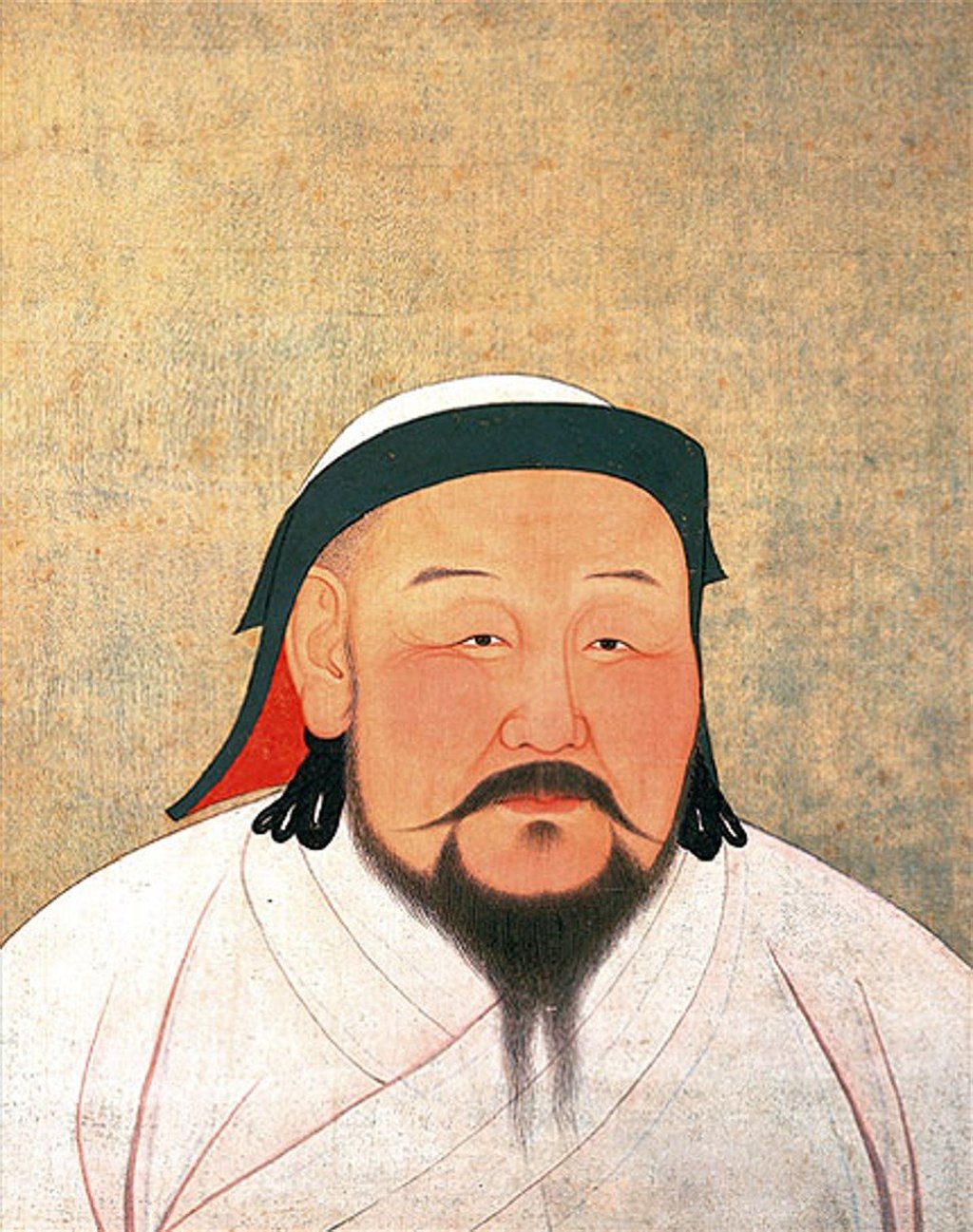Reflections | In times like these, it is important to choose friends, and enemies, wisely
- Acts of violence have gripped Hong Kong in recent months, but neither side involved is willing to condemn their own
- But historically, aligning with the enemy of one’s enemy does not always end well

Perhaps self-interest is what really drives people, be they black, blue, white or yellow. When someone attacks your enemy, their methods or creed do not matter as long as they help bring down your adversaries; the enemy of my enemy is my friend. This may explain all sides’ reluctance to denounce and disassociate themselves from the violent radicals they believe are furthering their cause of demolishing their foes.
The same concept has been applied to international relations in recent history: in the unlikely alliance between the Allies and the Soviet Union against Nazi Germany during World War II; or the American support of armed mujahideen forces in Afghanistan against the Soviet Union in the 1980s.
In premodern China, this strategy was given full play twice in the Song period, and both times ended in the eventual defeat of the Chinese by their enemy’s enemy, a “friend” they thought they could make use of.

The Northern Song dynasty (960–1127) and the Khitan state of Liao (907–1125) to its north were enemy states despite long periods of peace between them. By the 12th century, another powerful state, founded by the Jurchen people, had emerged in the north of Liao and there were constant skirmishes between the two.

